One aspect of the Teach.Learn.Change. project which is shared by both the Common Ground and teen yoga classes is that they occur in community settings rather than studios. That is hardly the only thing they share: both start from a commitment to let go of what people think yoga should be (or look like) and to instead embrace yoga as a diverse set of practices to allow participants to continue learning about themselves, the world we share, and how those things interact. To an extent, it is a practice where we teach about the inevitability of change, and learn to deal with that change intelligently and in healthy ways.
Simply put: yoga can be so many things: a spiritual journey, a source of healing, relaxation, a sweaty workout, a solemn meditation, or people coming together to be of service in their communities.
These are all, well, awesome. So, while the fancy tights and even fancier ‘ego’ poses which can be what come to mind first when people think of yoga, we encourage our students to think of people first. Because, while we have and continue to love opportunities for formal practice, yoga is, for us, an inherently communal practice. At its most fundamental, this connection is both the promise and realization of yoga - by definition.
But people isn’t the only p-word we love as it applies to yoga. Another is one which many people tend to discard early in life: play.
Yoga Playground is as advertised: it is about taking various yoga practices off the mat, and out of the environmentally-controlled and curated studio world, and into the actual world of the communities in which we live, work and - yes - play.
The playground can exist literally anywhere. Recently, there has been a happy upswing in adult play spaces: in gyms converted to play spaces, and in some of the parks in our home base in Toronto. But where we really get our ‘jam’ for yoga as play is on old-school playgrounds themselves. Monkey bars. Benches. Rope walls. Swings. Equipment which challenges us to move our bodies unconventionally and creatively. Spaces where we can kick off our yoga training wheels and challenge ourselves with different relationships to gravity, uneven surfaces, and other spots which would normally be considered ‘imperfect’ for asana.
Here’s a Yoga Playground practice sketch. The body is free to move and the mind is free to create new and wonderful possibilities.
To make any ground a yoga playground, all you really need to do is add yoga and play! Like any form of self-directed yoga practice, this can be challenging at first. “Where do I start?” you might ask. There isn’t one way, of course. But starting with asana is a good start: show a willingness to listen deeply to how your body wants to move, moment-by-moment. Breathe mindfully, and allow that flow to guide your actions. Surrender ideas of what ‘counts’ as yoga by letting go of the idea of “goal” poses, and instead get curious about all the different ways you can move.
What’s the best part? Trick question: there isn’t any one thing that makes yoga playground work. But one thing that we really value is how Yoga Playground is a true “All-Levels” practice: it is accessible and challenging. It encourages creativity and curiosity, both of which are essential ingredients of a living, growing yoga practice. Moving on the playground allows those with an advanced practice to better challenge themselves, while offering newbies a taste of something which might in fact lead them to the mat.
Yoga Playground brings fun and connection to the forefront of the yoga practice. And while you can always play by yourself, it really comes alive when you are moving with partners and groups.
We will share our yoga in playgrounds here, and inspiration from others. Like this video (below), which while it isn’t yoga-focused, speaks the some of the value of not only playgrounds but found spaces of all types, and the sorts of social and health outcomes which accompany inviting play back into your practice, and into your life.

